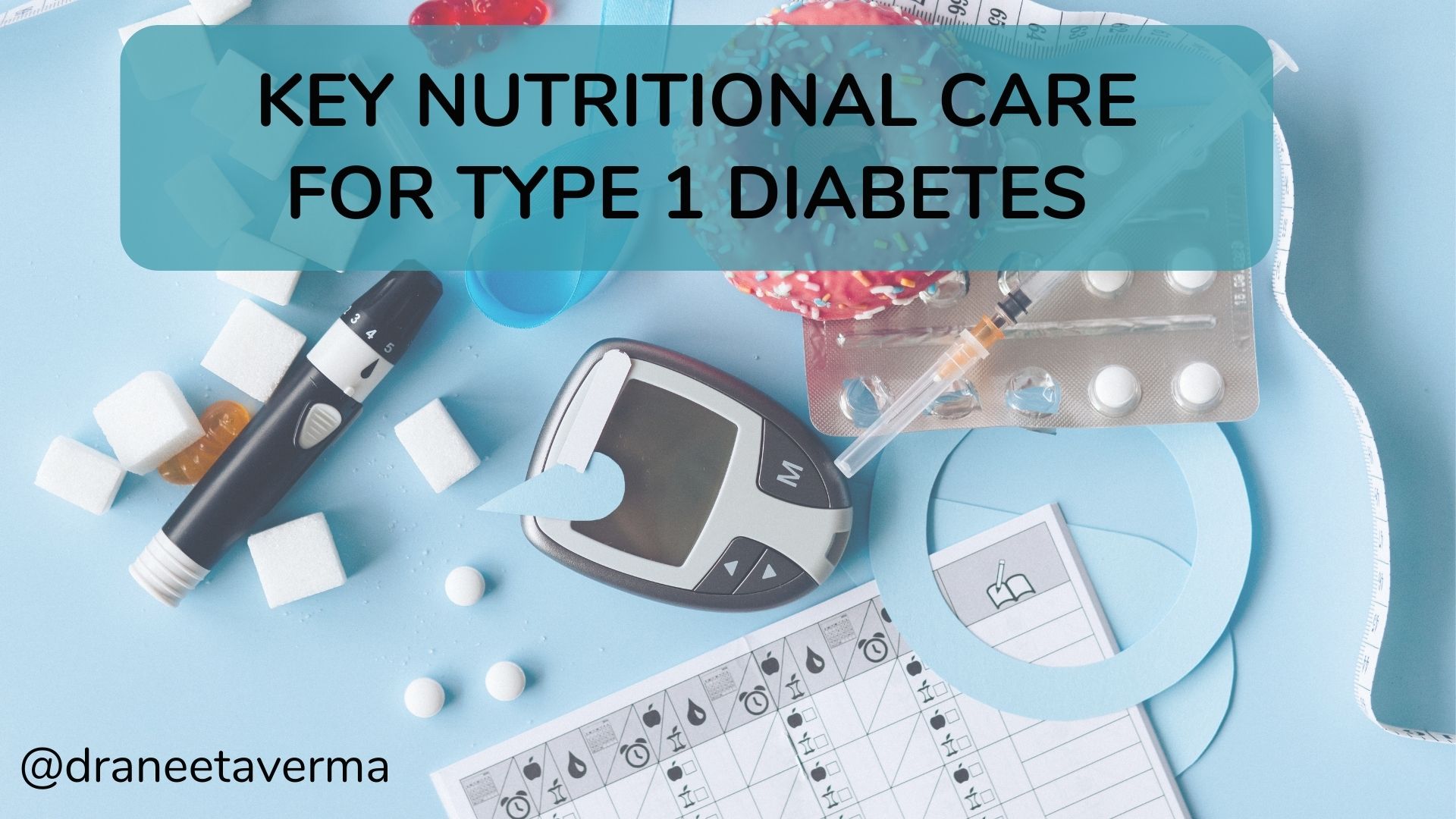+918048051883

This is your website preview.
Currently it only shows your basic business info. Start adding relevant business details such as description, images and products or services to gain your customers attention by using Boost 360 android app / iOS App / web portal.
Key Nutrition Guidelines for Type 1 Diabetes M...

Key Nutrition Guidelines for Type 1 Diabetes Management Effective nutrition management is a cornerstone of comprehensive care for individuals living with Type 1 diabetes. This chronic condition necessitates a balanced and thoughtful approach to diet to regulate blood sugar levels and support overall well-being. Here some key nutrition guidelines tailored specifically for Type 1 diabetes, to guide individuals towards optimal health. Carbohydrate Counting: For individuals with Type 1 diabetes, mastering the art of carbohydrate counting is crucial. Understanding the glycemic index of foods and practicing portion control empowers individuals to make informed decisions about their carbohydrate intake, facilitating better blood sugar management. Balanced Meal Planning: Crafting well-balanced meals that include a combination of protein, fiber, and healthy fats is essential. Proteins contribute to satiety, fiber aids in digestion, and healthy fats provide sustained energy. This balance helps mitigate blood sugar spikes and promotes overall nutritional health. Regular Meal Timing: Maintaining a consistent meal schedule is key to stabilising blood sugar levels. Regular meals and snacks spaced throughout the day help prevent extreme fluctuations, providing a steady source of energy and promoting better glycemic control. Customised Meal Plans: Recognising that each person is unique, tailoring meal plans to individual preferences and nutritional needs is paramount. Collaborating with a healthcare professional, such as a dietitian, ensures that dietary recommendations align with personal health goals and diabetes management. Continuous Glucose Monitoring: Employing continuous glucose monitoring (CGM) technology allows individuals to track real-time blood sugar trends. This enables proactive adjustments to meal plans, insulin dosages, and overall dietary choices based on personalised data, fostering better diabetes management. Hydration: Adequate hydration is essential for overall health, and for individuals with Type 1 diabetes, it can contribute to stable blood sugar levels. Opting for water or sugar-free beverages and maintaining healthy hydration habits supports optimal kidney function and helps prevent dehydration-related complications. Mindful Eating Practices: Cultivating mindful eating habits involves being present during meals, paying attention to hunger and fullness cues, and avoiding emotional eating. This approach fosters a healthier relationship with food and supports better blood sugar control. Adhering to the above key nutrition guidelines empowers individuals with Type 1 diabetes to take control of their dietary choices and enhance their overall well-being. By integrating these principles into their daily lives, individuals can manage blood sugar levels effectively, reduce the risk of complications, and thrive in their journey towards a healthier and fulfilling life. To hire healthcare consultant including a registered dietitian and diabetes educator to ensures ongoing support and guidance for individuals navigate dietary challenges, receive personalised advice, and stay informed about the latest advancements in diabetes nutrition call us or subscribe us for latest healthcare updates

